What we’ll cover:
- What is sleep training?
- Is sleep training bad or harmful?
- Cry It Out research
- Will my baby cry during sleep training?
- Is sleep training necessary?
- Sleep training and breastfeeding
- Should YOU sleep train your baby?
Search any Facebook mom’s group for 10 minutes and you’re bound to find heated discussions on baby sleep training.
Many parents credit sleep training with saving their sanity, their marriages and helping them enjoy new parenthood. While other parents believe that sleep training is bad or harmful to babies.
Being a baby sleep consultant myself, I’m asked nearly everyday if sleep training is safe by parents who are desperate to get better sleep, but worried about potentially harming their babies.
As parents we’re hard-wired to worry if we’re making the right decisions for our babies. And with Google as an endless source of (misleading and often inaccurate) information at 2 am, any well-intended parent can be easily driven into hysterics.
This article answers the question on every parent’s mind- Is Sleep Training Bad for Babies? We’ll discuss exactly what sleep training is, and specifically talk about the cry-it-out method.
Plus you’ll learn how you can teach your baby to sleep through the night safely and happily. If your 11 month old is crying uncontrollably at night check my guide on the 11 month old regression.
This post may contain affiliate links.
What is sleep training?
Sleep training is the process of teaching a child how to sleep well, on their own. “Sleeping well” means your little one can sleep deep, restful stretches that are appropriate for their age.
For example, a five-month-old baby can be expected to sleep 5-8 hour stretches and a toddler can be expected to sleep 10-12 hours straight.
Helping your baby fall asleep by nursing, rocking, holding or any other soothing activity is perfectly natural. And most of us parents have comforted our babies to sleep, at some point.
If you help your baby fall asleep, you aren’t doing anything wrong! It only becomes an issue if your 5+ month old baby starts waking multiple times at night needing your help to fall back asleep.
The key to sleep training is this: Once your baby learns how to fall asleep independently, and resettle back to sleep on their own, they’ll consistently sleep long stretches every night.
You’re teaching your baby how to settle themself to sleep, rather than needing your help.
The hard part, for some parents, is how to do this in a way that feels good and safe for you and your child. Sleep training often involves some fussing or crying in order for babies to learn to sleep well- and this is what divides parents.
Some moms and dads believe that sleep training is bad for babies, and many other parents believe it’s selfish to not sleep train and give babies the gift of restful sleep. It’s easy to see how a controversy would arise.
This article will discuss this more so that you can make an informed decision on what’s best for you and your family.
Is sleep training bad or harmful?
Because it can involve some crying, many parents wonder whether sleep training is bad or harmful for babies. Or whether it causes babies unnecessary stress, and affects their bond with their parents.
The short answer is: Sleep training is perfectly safe when carried out in the right way.
Here’s what I mean by this: Sleep training does NOT mean leaving your baby to cry for hours on end alone in the crib.
Sleep training methods should be adapted to fit your baby’s age, temperament and your family’s needs.
When sleep training is carried out in this way, it poses no harm to your baby or to their attachment with you. In fact, it often improves it!
Well-rested parents have more energy and patience with their little ones. Many of the moms I work with tell me they’re calmer and more present with their kids when they’ve slept well. They enjoy each other more.
Unfortunately, some parents believe the only way to sleep train is to leave your baby alone to cry for long periods of time (even hours) in the crib.
After working with thousands of parents as a baby sleep consultant, I know for a fact that there are many ways to teach babies and toddlers to sleep well.
In fact, I offer four step-by-step methods in my sleep training program, and they all work! All you need is consistency and dedication, and you can teach your little one to sleep on their own in the crib all night.
This article explains several popular and effective sleep training methods.
The ultimate goal with sleep training is teaching your baby to happily fall asleep on their own and sleep through the night. How you choose to approach sleep training is up to you.
I’ve worked with parents who used hands-on methods and never let their baby cry more than two minutes before picking them up. Other parents chose to sit next to the crib and pat or sing their baby to sleep, to help them adapt to the crib.
When seeing the specifics of these gentle sleep training methods, it’s pretty hard to call them “bad” or “neglectful.” Even if you leave your baby’s bedroom, and return several minutes later to check in, this doesn’t resemble abandonment in any way.
You may have to push yourself a little out of your comfort zone when sleep training, but leaving your baby to cry for hours on their own is never an option that I recommend.
Cry It Out research
When most parents think of sleep training, they think of the “Ferber Method” alternatively called “Cry It Out” (CIO). There are many myths about this method that unfortunately contribute to the suspicions regarding sleep training. Let’s look at what research shows.
The cortisol “study”
Many CIO misconceptions originate from a study conducted over 10 years ago by Wendy Middlemiss. She studied (only) 25 babies in a hospital setting using extinction sleep training.
Infants were not soothed at bedtime, instead they were placed in the crib by nurses to fall asleep on their own with no intervention or soothing. These babies were put down by unfamiliar adults and their parents weren’t present.
Middlemiss drew cortisol levels from the babies and mothers (on random days, she didn’t include cortisol data for each day of the study) and drew the conclusion that babies’ cortisol levels stayed high, indicating unnecessary stress caused by sleep training. She also stated that the babies’ cortisol levels became asynchronous with their mothers’.
Middlemiss’ study has been highly criticized over the years by other researchers, and was discredited because of a lack of a control group and many mistakes in the data analysis as well as gaps in data (data was selectively recorded, creating unreliable results).
The study also had low ecological validity. This means that the study was not conducted in the normal environment of which the babies usually would sleep (at home, in the crib, put down by mom or dad). Instead, they were put down by nurses in a hospital.
Since the conditions set up for the study were completely different than their normal environment, the study has low ecological validity. The results can’t be valid, since we can’t know how the babies would react in a natural environment!
Basically, it’s a very poor quality research study that has caused a tremendous amount of stress and worry to well-intended parents wishing to sleep train their babies. Here’s a great analysis of all the things wrong with Middlemiss’ study.
Unless you plan to have a stranger sleep train your baby using the extinction method, you can’t compare your baby’s nightly routine and a sleep training method that includes parental support to the method used in this study. So please, don’t let it cause you any worry!
The Romanian orphanage comparison
Another false stereotype about sleep training is that it equals abandonment or neglect and teaches babies to stop expecting comfort from their parents.
For example, some people compare cry it out sleep training to the way orphans were observed to be treated in Romania in the 1980’s.
It was noticed that these children didn’t cry at bedtime (or much at all.) It was therefore assumed that this was because they had gotten used to no one coming back to soothe them.
If you search Google long enough, you’ll find people directly comparing this orphanage example to sleep training done in a loving home by responsive parents. This is preposterous!
I’m assuming your child’s daily life in no way resembles that of a neglected orphan. So please don’t let these wildly inaccurate comparisons cause you ANY guilt or worry.
What research actually says about sleep training
There are a multitude of high-quality research studies that all show that sleep training is safe for babies, causes no psychological harm, doesn’t impair the bond between children and parents AND doesn’t negatively affect children long-term.
Here are some of those research studies. Study one, Study two , Study three.
It’s important to know that many of these studies examined the Cry It Out method, which is proven to be safe and effective. If you plan to use a slower and gentler sleep training method, which typically results in less crying, you should have very few worries about any potential harm.
As a parent, always remember this: There is a lot of false information and bad comparisons to sleep training out there. Don’t let anyone compare your loving home to an orphanage or tell you that a few nights of teaching your baby to sleep well equals abandonment and psychological harm. It’s simply untrue!
A well-planned sleep training method should never cause your baby harm and should ONLY result in positive outcomes for your family (more on that in a minute).
Sleep training…
- Has been proven to be safe for children, both short-term and long-term.
- Does not impair the bond or attachment between parents and children.
- Has been shown to improve maternal mental health.
- Does NOT equal abandonment or neglect
- Can be done in a way that suits your baby’s age and personality, and your parenting style.
Does sleep training raise cortisol levels?
Many parents worry about the stress hormone cortisol and whether or not sleep training raises cortisol levels in babies. Yes, there is a slight increase.
However, whether child or adult, we all have slight rises in cortisol levels throughout the day. It’s a normal and healthy part of everyday life, called positive stress response.
According to Harvard University, the three different types of stress that children can go through are positive stress, tolerable stress and toxic stress.
Does sleep training cause toxic stress?
Positive stress refers to day-to-day occurrences, like changes in routine (ahem, sleep training), which may cause slight hormone alterations and brief heart rate elevation. This is a normal response to a healthy exposure of new situations, helping children find tools to handle small, everyday challenges.
Tolerable stress refers to bigger events such as losing a loved one or having a traumatic injury, which with the right support can build resilience rather than trauma.
Toxic stress is caused by severe long-term abuse or neglect and is the only type of stress which can alter brain development, organ function and cause attachment issues. THIS is what the poor Romanian orphans were suffering from, and this is not what your baby’s home environment is like.
More specifically, De Jong describes that a child that undergoes toxic stress often lives in a household where parents frequently yell, or hit each other (or the child.) Often, there is also sexual abuse of the mother or child and drug or alcohol addiction.
Did you hear that? Toxic stress does NOT come from short-term behavioral modification done in a loving and responsive way. Anyone saying otherwise is uninformed.
Remember: toxic stress is the only form of stress that can cause children severe and permanent damage, including attachment issues.
Unless your child is growing up in a household like the one mentioned above, there is no need for you to worry about your baby’s brain, organs, or emotional development being altered. Especially by a small routine change like sleep training!
Positive stress response is actually proven good for children to develop appropriate reactions and responses to everyday occurrences. It’s builds resilience.
Your child is growing up in a loving home, with responsive and kind caretakers. You can relax and feel confident that you’re not subjecting your baby to toxic stress.
Will my baby cry during sleep training?
If you’re going to change your baby’s sleep routines and habits, it’s normal to expect some resistance. If you’ve always fed your baby to sleep, and tonight you decide to start teaching your little one how to fall asleep on their own in the crib, it makes sense that they would get upset.
They don’t understand this new routine and, most likely, they don’t like it. Crying can trigger parental anxiety, I get it. I’m a mom of two.
But a few nights of contained fussing, with periods of soothing, can help your baby learn to happily sleep through the night for YEARS. And many babies already cry a lot when it’s time to sleep, so sleep training can actually result in LESS tears overall.
It’s also important to remember that just because our babies cry doesn’t mean we’re causing them harm.
In a few years, your two-year-old will insist on eating candy for lunch and you’ll have to say no, which will probably result in tears. They’ll have an epic meltdown when you turn off Paw Patrol. And I can assure you that one day they won’t want to go to school, and when you insist, there will be big tears.
Parenting isn’t always fun, laughs and good times. We parents make choices everyday to keep our little ones safe and healthy.
Learning to sleep well is arguably as important as proper nutrition. Just like you may get tears teaching your child to eat healthy foods, you may get resistance teaching them to sleep well, too.
A well-intended and well-tailored sleep training method will never cause your baby harm.
- Sleep training can and should be suited to your family’s needs, abilities, and preferences.
- There is a lot of false information out there which can trigger parental guilt and anxiety, and make us fear making important choices for our children and family.
- Slight and short-lived stress is a healthy and natural response to day-to-day events. We can’t prevent stress or changes in routines for our babies. You are not harming your baby when you help them sleep well by using well-researched sleep training methods, even if some methods include a bit of crying.
- Toxic stress is the only type of stress to cause babies harm, and comes from extreme circumstances. Sleep training is nowhere near abusive when carried out safely and with love.
Is sleep training necessary?
It’s completely up to you. What you need to remember is: you never have to do anything you’re not comfortable with.
If you’re happy helping your baby sleep, that’s ok. As long as your baby gets enough sleep everyday, is happy and thriving and sleeps safely, you don’t have to change anything. Don’t feel forced or pressured to sleep train if you’re ok with where you are.
Just ask yourself “Am I happy with our current sleep situation, and is my baby happy? Do we both get enough sleep?” If yes, then you don’t have to change anything.
On the other hand, if your baby’s sleep is stressing you out or wearing you down, then sleep training is definitely something to consider!
Sleep training sets your baby up to sleep well for the long-term. I’m talking YEARS of independent and restful sleep, for both children and parents. It also has several other benefits too.
One huge benefit is that sleep training can actually strengthen the bond between you and your baby. Research shows that when baby and parent get more restful sleep, their bond strengthens because both are well-rested.
Also, many parents grow more confident when they see how much happier and active their children become with improved sleep!
Sleep training and breastfeeding
How do sleep training and breastfeeding affect one another? Some moms worry that they have to wean their baby off breastfeeding in order to sleep train.
You can absolutely sleep train and continue breastfeeding as long as you wish. Many babies need to hold on to a night feed (or two) until 6-9 months old. But, they can be sleep trained and learn to sleep independently from the age of 5 months!
The trick with breastfeeding while sleep training is to remove it as a sleep association. You’ll teach your baby to fall asleep on their own and remove their need to feed to sleep. But you’ll still feed your baby when they’re hungry.
Also, I made this guide to help breastfeeding moms protect their milk supply when night weaning.
Should YOU sleep train your baby?
Sleep training can feel like a huge decision for us parents, I get it. What’s important to remember is: always follow a well-developed method that is adaptable to your individual baby and your family’s needs. Never do anything that doesn’t feel right for you or your baby.
And steer away from online sources making you feel guilty or ashamed about your parenting decisions. There is a lot of false information out there!
Sleep training, when done right, results in HUGE relief and happiness for families! I’ve had countless parents tell me it saved their marriages and helped them enjoy their babies again.
Sure, it may feel slightly uncomfortable at first because it’s new for both your baby and you. But sleeping well is a biological need so we can function normally and be happy with ourselves and one another! All babies and parents deserve to feel that way.
Once you find the right way to get there, you’ll see that you may have made a wonderful decision for your family.


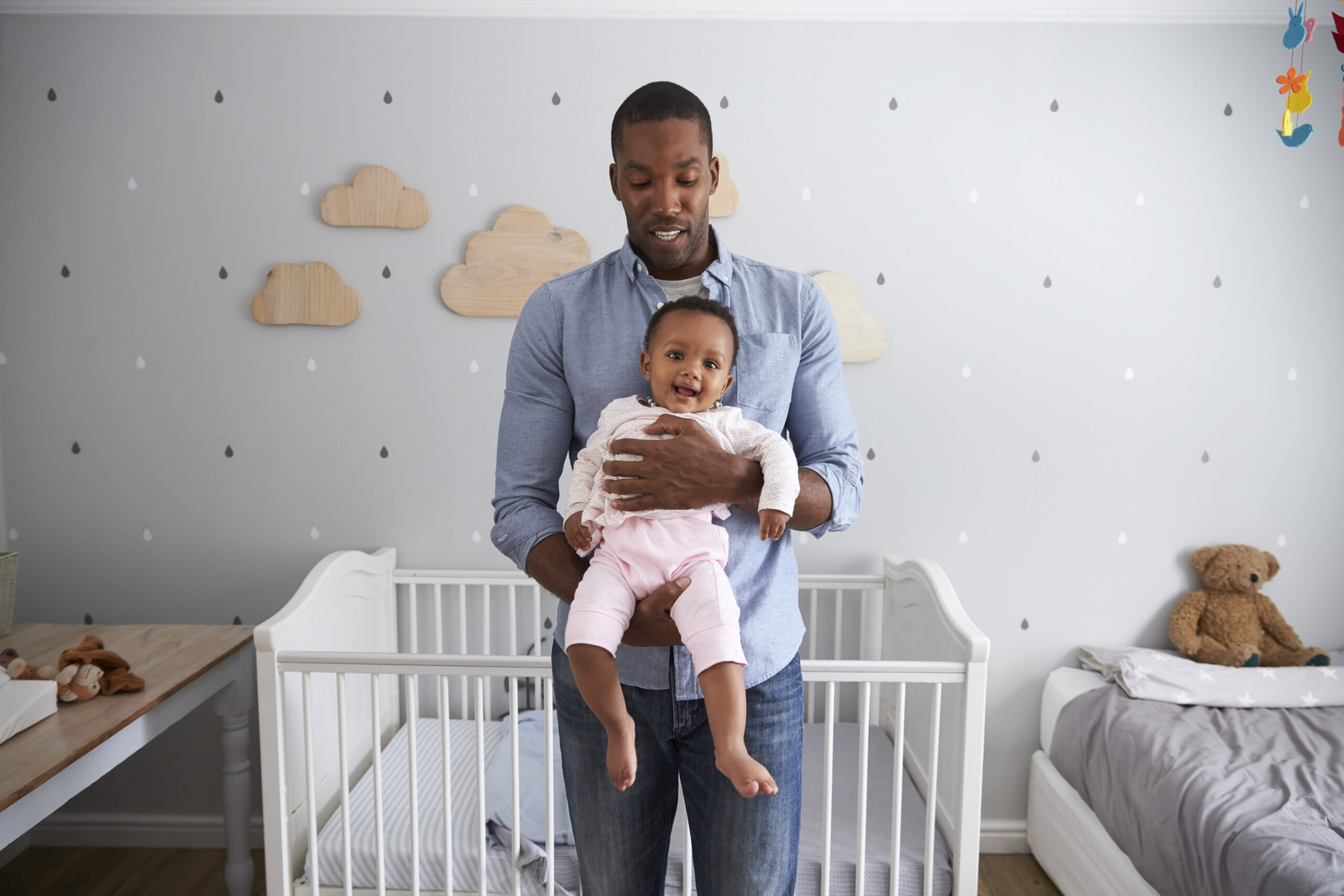
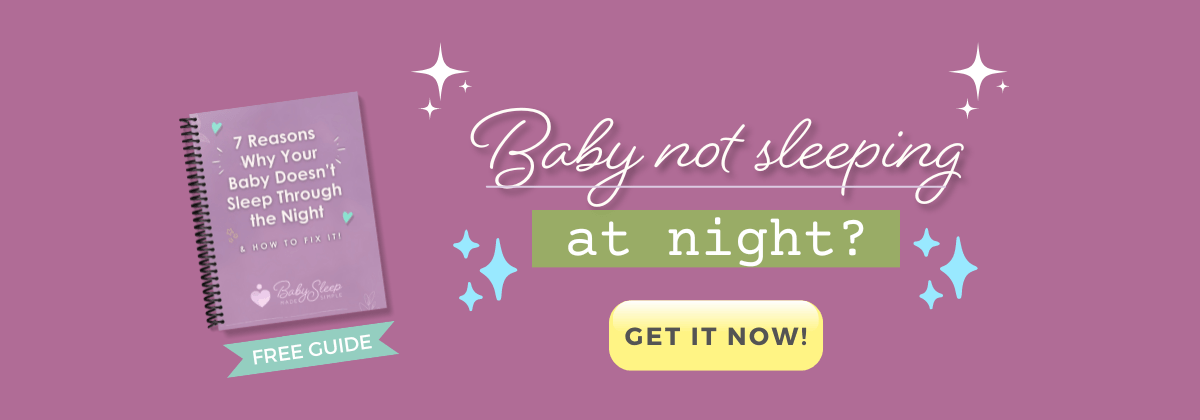
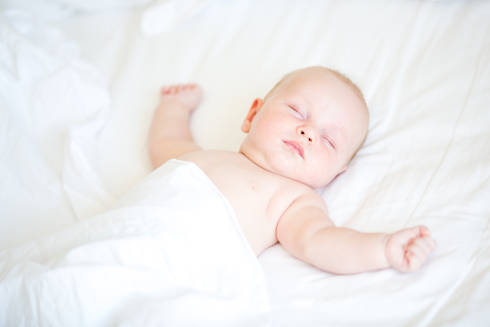
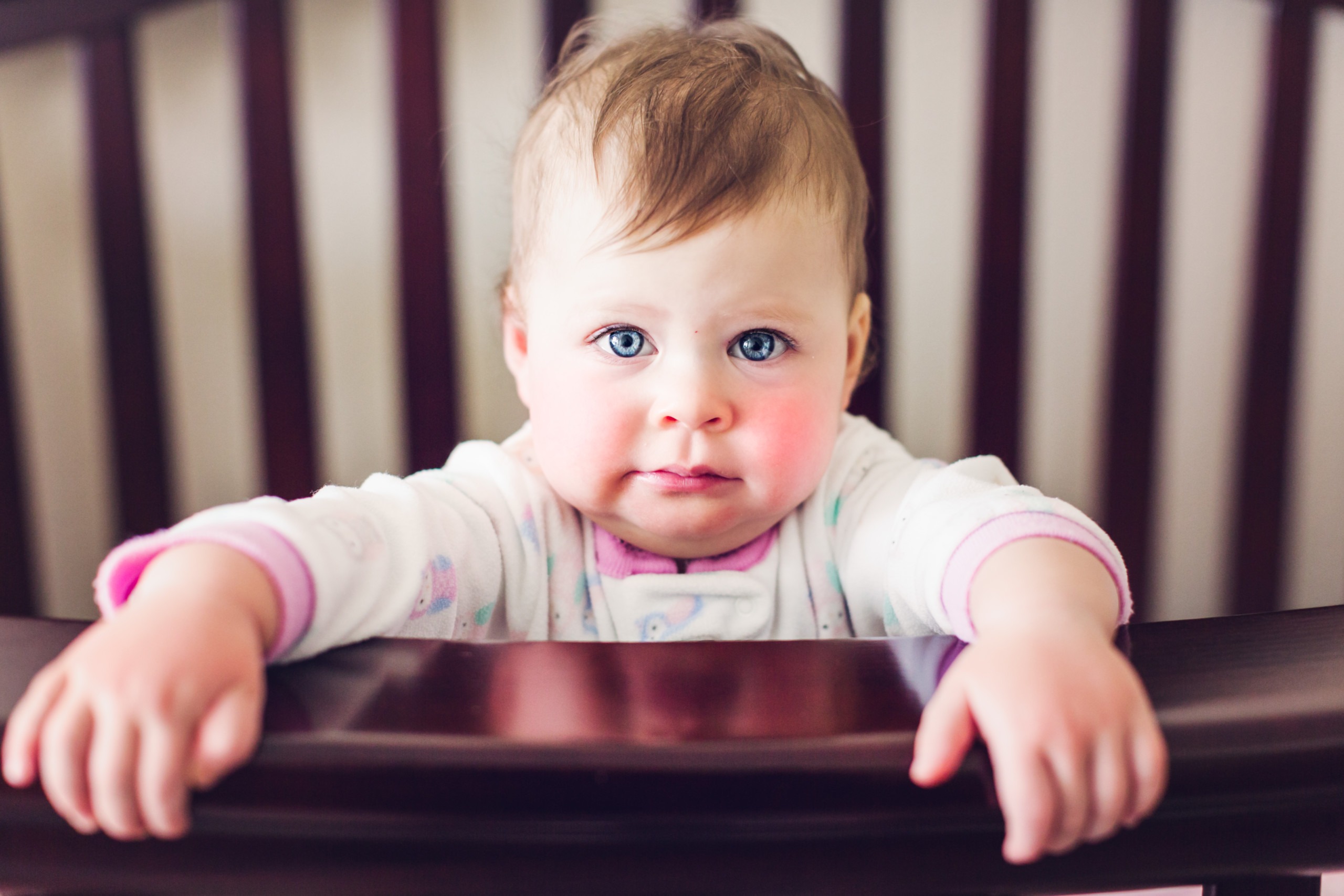
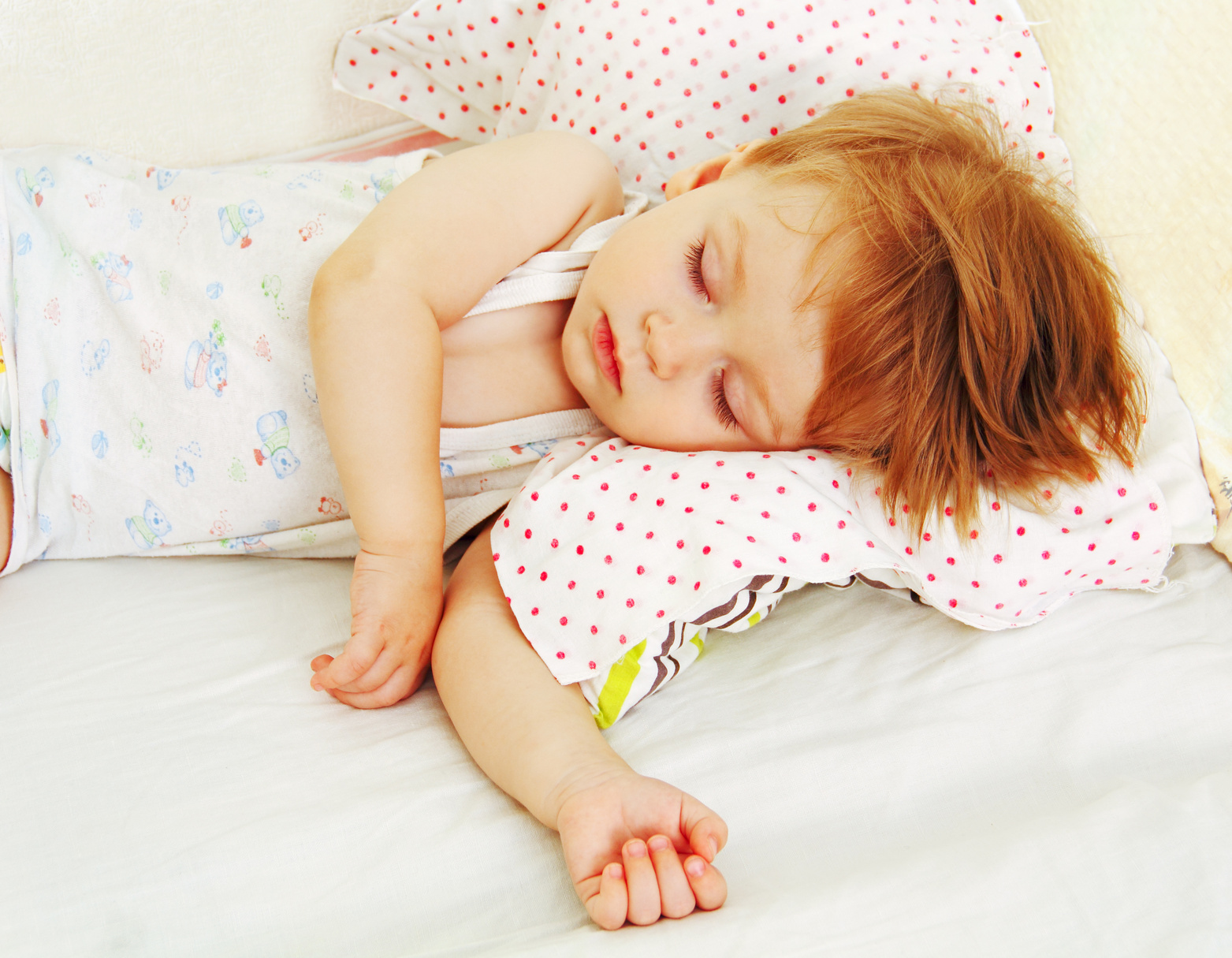
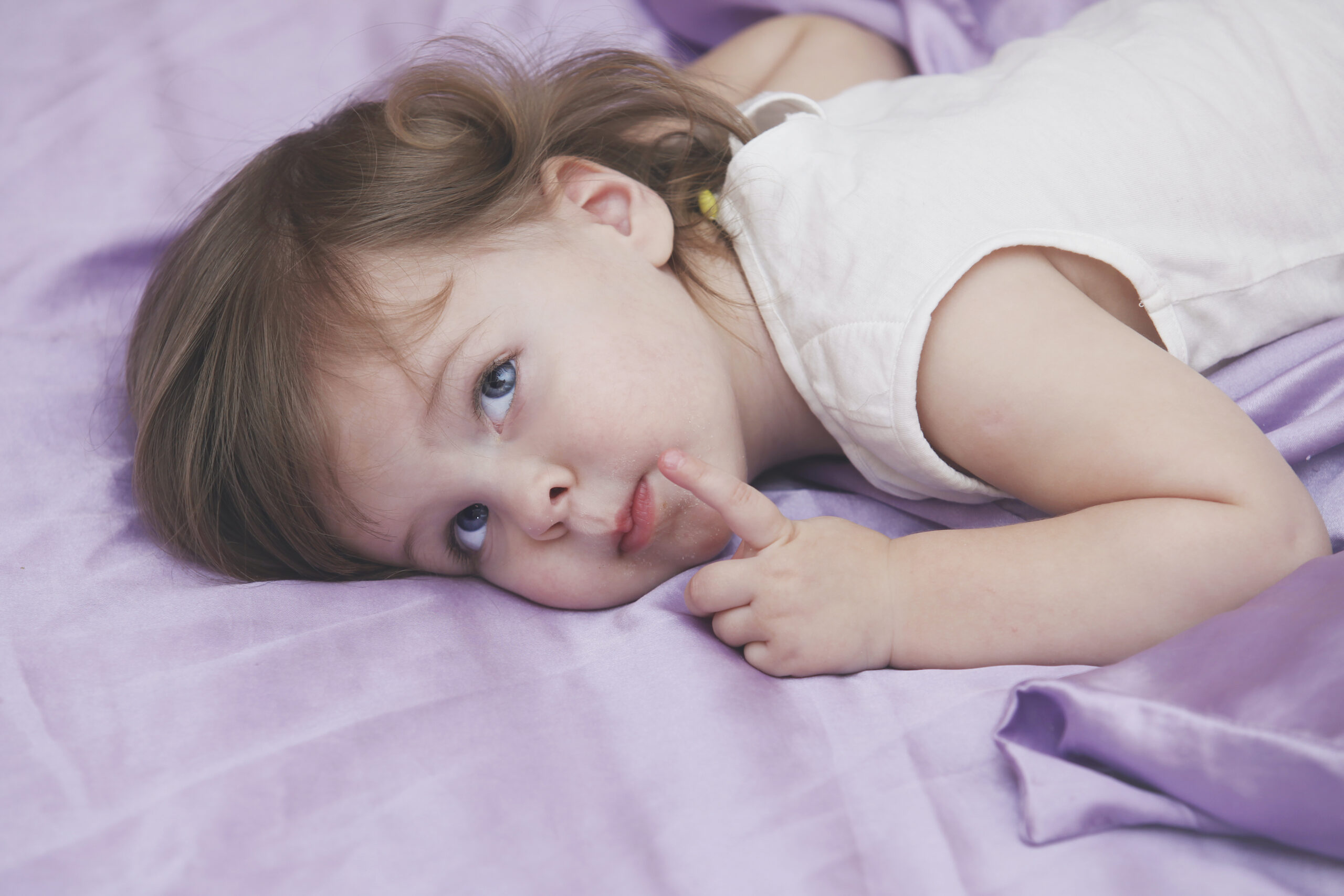
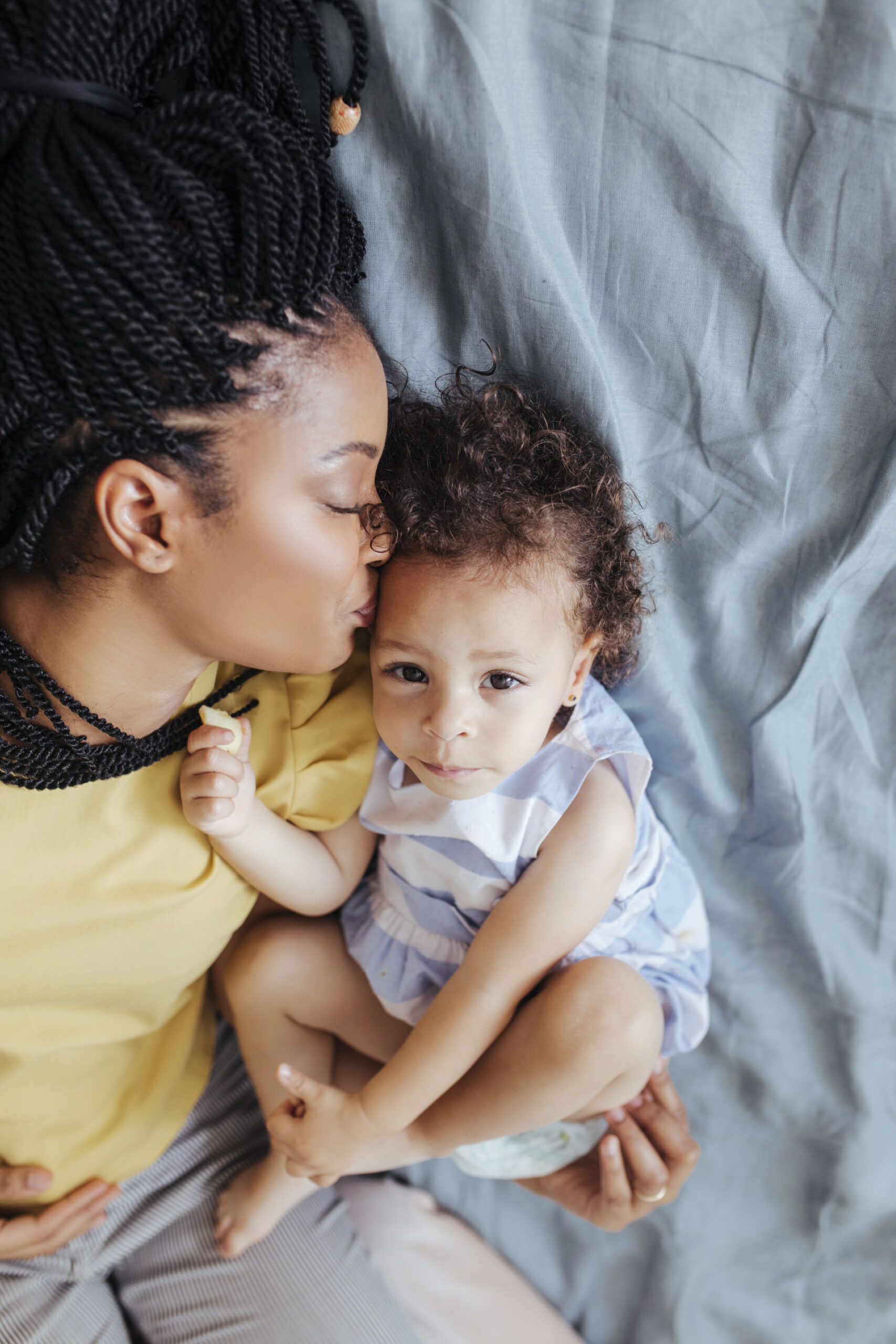
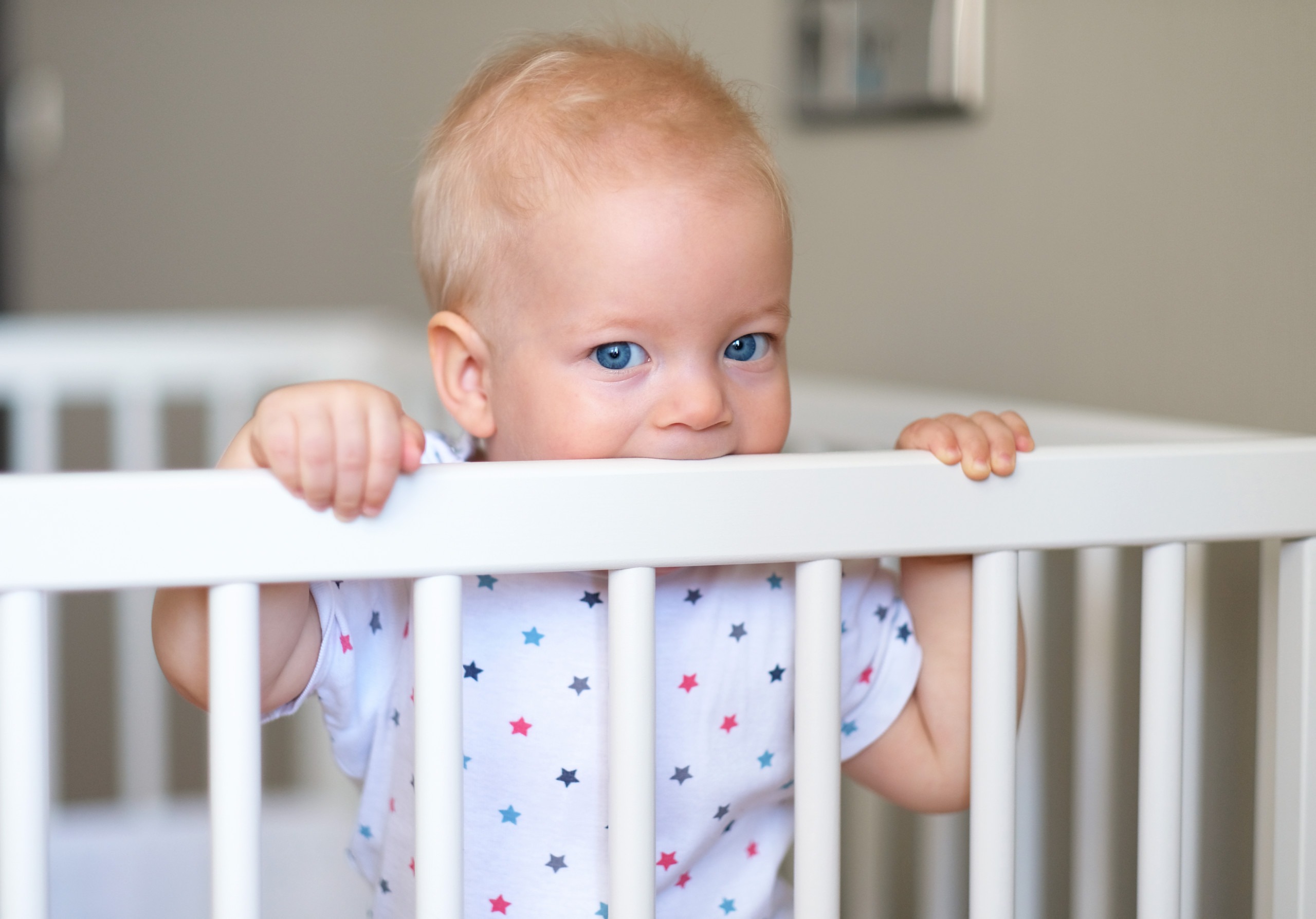
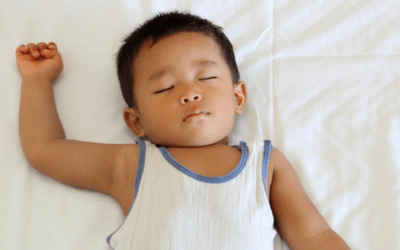
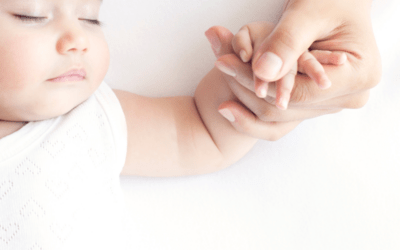
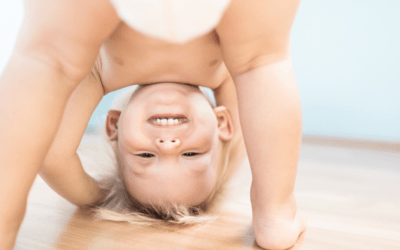
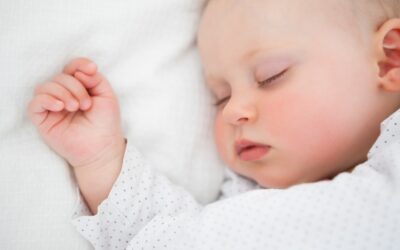
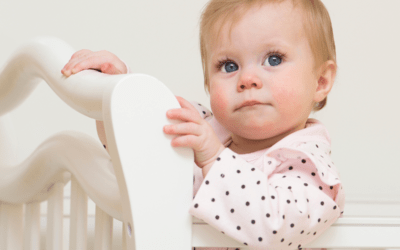

0 Comments